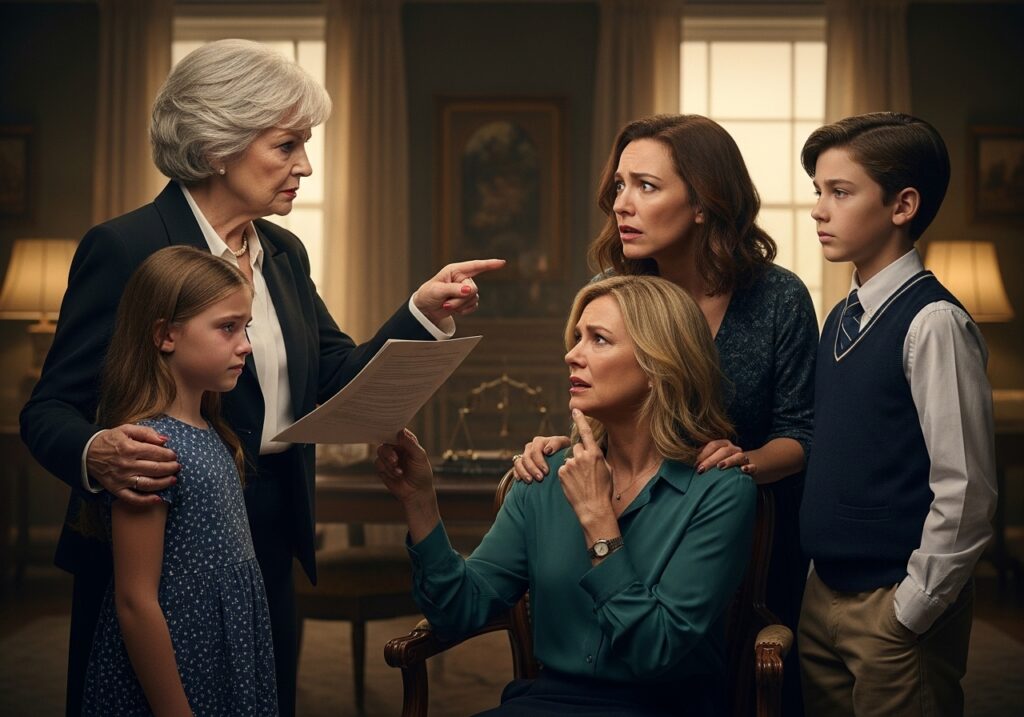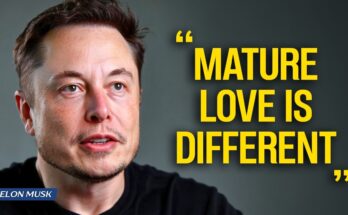I was ten when my mother stopped seeing me as her child.
It wasn’t sudden—not exactly. The signs had been there. The way she lit up around Jason, my younger half-brother. The way she brushed off my questions, my tears, my existence. But the day she packed my things and left me at Grandma’s house without a goodbye, it became official: I was no longer part of her story.
Jason was the golden boy. The one she called “perfect.” He had her smile, her attention, her pride. I had memories of lullabies that faded into silence. She told people I was “difficult,” “too sensitive,” “not like Jason.” Eventually, she stopped mentioning me at all.
But Grandma never did.
She was the one who made me breakfast every morning, who remembered my favorite books, who sat beside me when I cried without asking why. She didn’t try to fix me—she just stayed. And when I asked why Mom didn’t want me anymore, she said, “Some people forget what love looks like. But I haven’t.”
Years passed. I grew up in the quiet warmth of Grandma’s house, while Jason grew up in the spotlight. I saw pictures of him online—school awards, vacations, birthday cakes with Mom’s proud smile in every frame. I stopped hoping she’d come back. I stopped wondering if I’d done something wrong.

But Grandma never stopped fighting for me.
She kept every photo of me. Every report card. Every drawing I made. She told me stories about my childhood—ones Mom had erased. And when she got sick, she made sure Jason would know the truth.
Before she died, she sent him a message. A long one. She told him everything: how I was discarded, hidden, erased. How he had a brother he’d never been allowed to know. She didn’t ask him to fix it. She just gave him the facts.
Jason showed up at my door days after the funeral. He was pale, quiet, holding the letter Grandma had written. He said, “I didn’t know. I swear I didn’t know.”
I believed him.
He wasn’t the villain. He was just the favorite. And I wasn’t angry at him—I was angry at her. Angry that she’d made me invisible. Angry that she’d let me believe I was unworthy of love.
Later, she called me. She wanted me to help her fix things with Jason. She said he wasn’t speaking to her. That he was “confused.” That she needed me to explain.
I told her no.
I wasn’t her fixer. I wasn’t her forgotten mistake. I was the child she left behind—and the adult Grandma raised with love and dignity.
But I gave Jason my number. I told him he could call anytime. And he did.
We’re not brothers in the traditional sense. We’re strangers with shared blood and broken history. But we’re trying. Slowly. Quietly. And every time he asks about our childhood, I tell him the truth—not the version Mom curated, but the one Grandma preserved.
Because Grandma didn’t just raise me. She remembered me. She made sure I wouldn’t be erased.
And that, more than anything, is what saved me.

